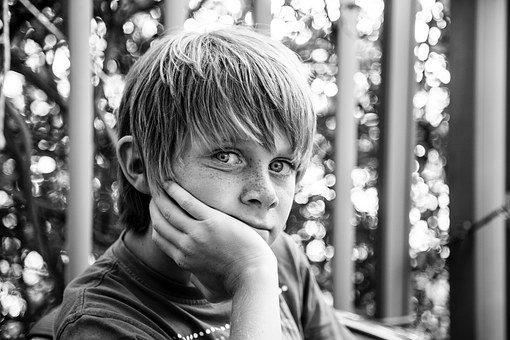Jealousy and envy among adolescent is common and can be viewed as a part of the growing-up process or a hindrance. Many adolescents at some point experience feelings of jealousy in a relationship (friendship or romantic). The question to be answered and examined is its impact on the development of adolescents internally and externally. An adolescent's response to feelings of envy can be even more detrimental if it is not attended to timely and guided appropriately.
Adolescent Jealousy and Envy
Adolescent jealousy tends to cause more aggressive behavior stemming from loneliness, low self-esteem and feelings of threatened friendships or romantic partners. Acts of adolescent jealousy can by physical and passive aggression such as hitting, pushing, ignoring peers, increased possessiveness, and verbal altercations.
Adolescent envy can be observed in the form of ongoing peer conflict and group cliques and avoidance. Adolescent envy can be perpetuated from a primary response of jealousy in which one person strongly desires to have what another person has.
Consequences
The consequences of acted-on adolescent jealousy and envy can range from losing peer relations to depression, even harming others. The ability to tolerate not having that of another or contentment with socially losing someone or something is in the developing stages at adolescents. At this stage of life, adolescents are not only trying to define themselves individually but also to be socially acceptable and effective. Adolescent jealousy and envy can be caused and attributed to peer and internal resentment, adjustment difficulties, ongoing suspicion and unhappiness.
Rebounding
Because adolescence is a developmental stage, guidance will be needed to help process, adjust and move forward. Adolescents need to know that feelings of jealousy and envy are a part of life but need to be self-examined, controlled and attended to in an appropriate manner. Adolescents need to know and be aware that jealousy and envy don't have to result in physical behaviors and can often be resolved with internal change. It isn't easing dealing with strong feelings of jealousy and envy. Oftentimes these emotions are acted on in this stage with minimum thought of consequences internally and in social relationships.
Identifying
To rebound from feelings and perpetuated behaviors of jealousy and envy, adolescents need to be familiar with some of the characteristics including, but not limited to, strong feelings of not liking someone with no reason or difficulty identifying; being overly possessive of friends and romantic partners when another person enters the circle; and deliberate acts that destroy another person's character or possessions while uplifting yours.
Expert Insight
No doubt it's rough growing up in today's society. Seeing others that appear to have better friendships and romantic relationships, clothing and family can take its toll on you. However, in this stage of life, adolescents must seek help in understanding such emotions and feelings before succumbing to ideas that you just gotta have or hang on to something that may not be for you. If you feel yourself or get peer feedback that your behavior is negatively impacting your social relationships, stop, regroup, seek help, accept the change you may have to make and look forward to progress.
